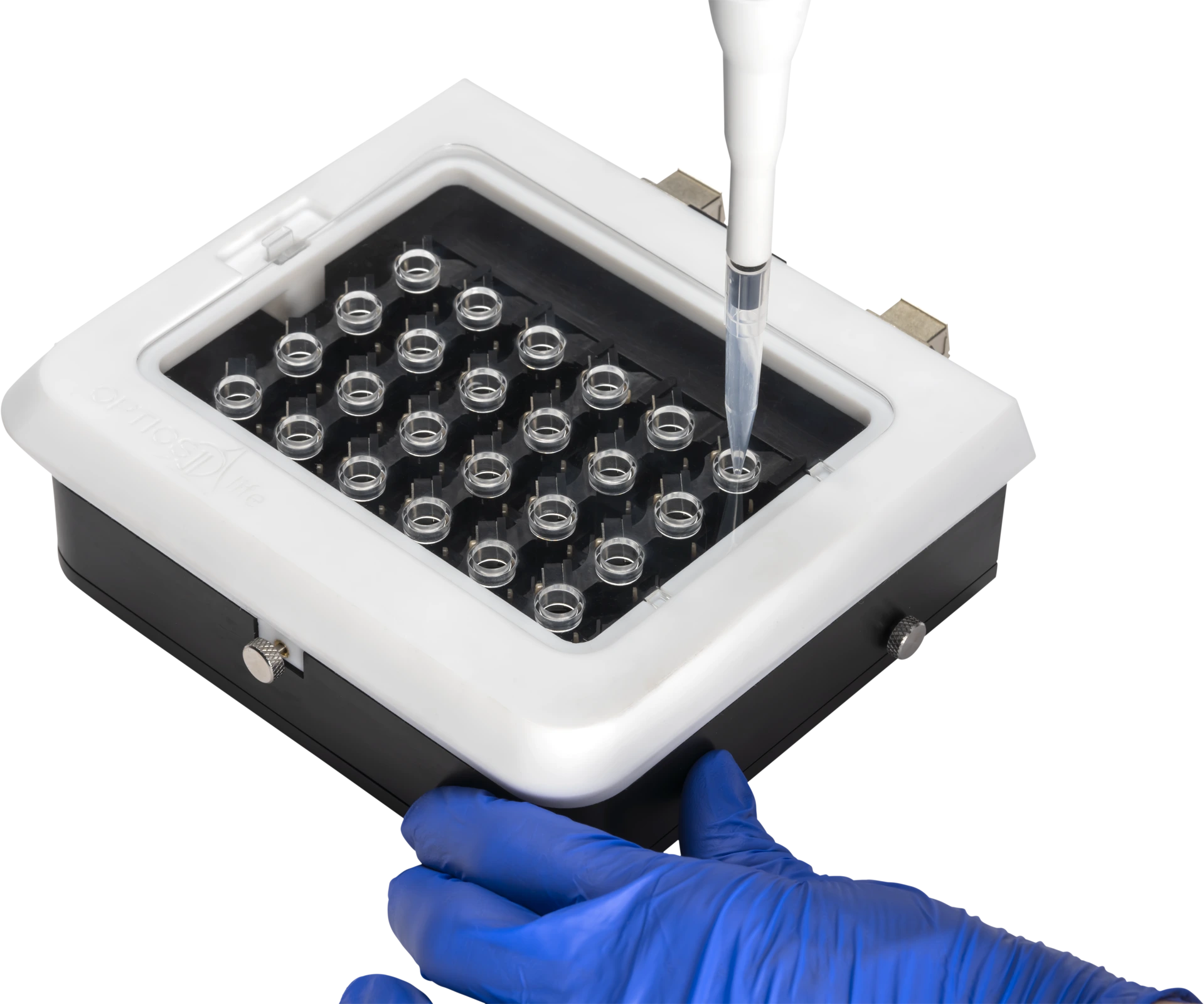The increased popularity of 3D cell cultures, such as spheroids and organoids, is largely attributed to their ability to closely resemble in vivo conditions and provide more physiologically relevant in vitro models. The mechanical response in 3D cell culture results from the properties of individual cells and the intricate interplay among these cells and the surrounding environment across various length scales. Additionally, 3D systems can be composed of different cell types and exhibit variations in extracellular matrix (ECM) that lead to spatial heterogeneity in local mechanical responses. All these features shape the mechanical properties of 3D cultures and, consequently, their formation in vitro. In this context, our technology proves instrumental in mapping the local mechanical properties of heterogeneous biological materials and elucidating their relationship to their overall mechanical behavior.




